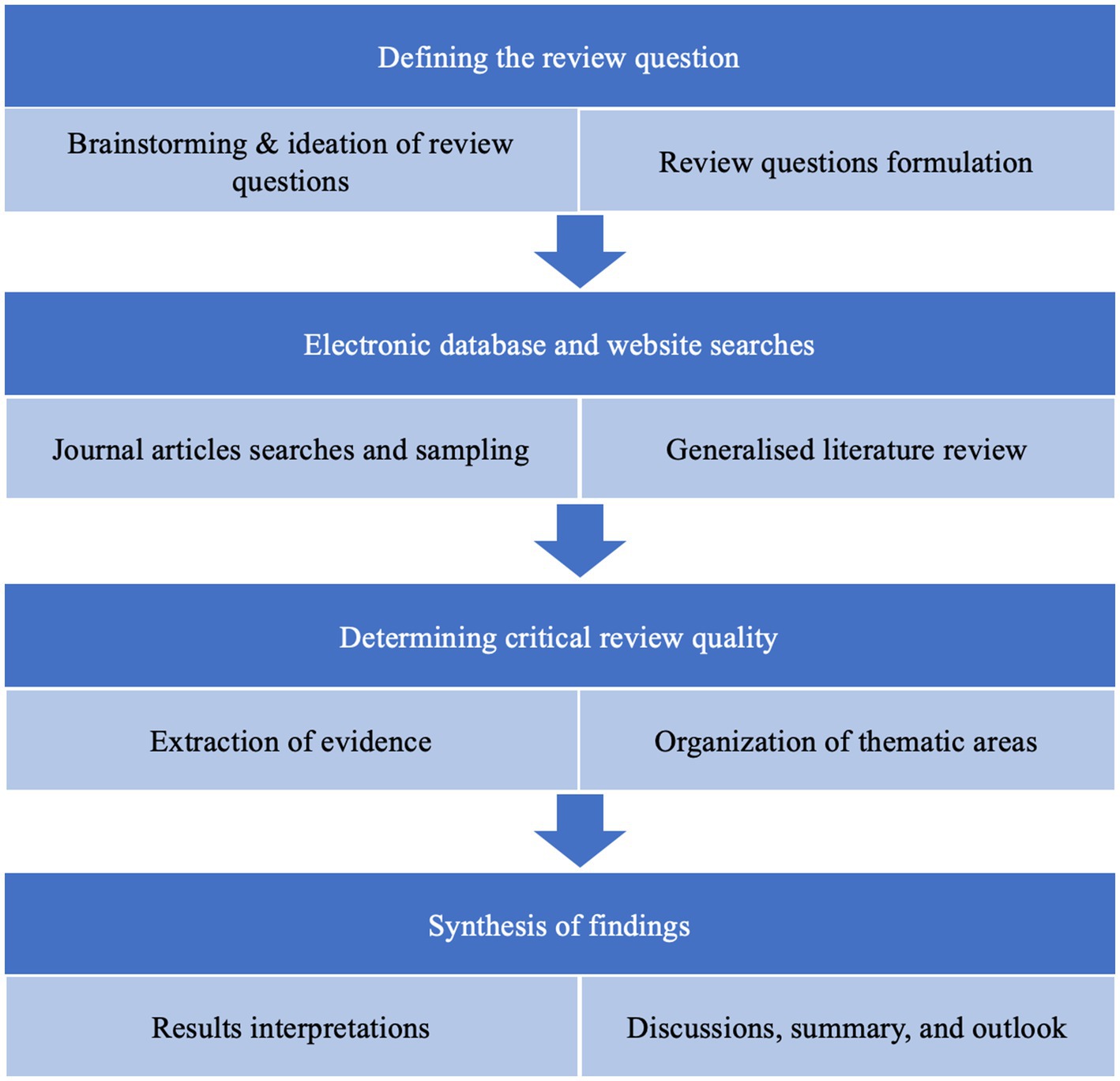 Enhancing Economic Participation of Women and Youth through AfCFTA
Enhancing Economic Participation of Women and Youth through AfCFTA
The African Continental Free Trade Area (AfCFTA) presents a strategic opportunity to promote inclusive growth across Africa by significantly enhancing the economic participation of women and youth. This report emphasizes the critical role of targeted policy reforms aligned with the Sustainable Development Goals (SDGs) to integrate these groups into regional and global value chains, thereby fostering sustainable development and reducing inequalities.
Strategic Importance of AfCFTA for SDGs
AfCFTA’s initiatives directly contribute to multiple SDGs, including:
- SDG 1: No Poverty – By fostering inclusive industrialization and expanding economic opportunities, AfCFTA aims to reduce poverty levels among vulnerable populations.
- SDG 5: Gender Equality – The focus on women’s economic participation supports gender equality by addressing barriers and promoting equal access to markets and finance.
- SDG 8: Decent Work and Economic Growth – Enhancing youth employment and formalizing economic activities contribute to sustained economic growth and decent work opportunities.
- SDG 9: Industry, Innovation, and Infrastructure – Investments in human capital and digital platforms such as e-commerce stimulate innovation and infrastructure development.
- SDG 10: Reduced Inequalities – Targeted policies reduce disparities by integrating marginalized groups into the formal economy.
Key Policy Interventions
- Finalization and Implementation of the Protocol on Women and Youth in Trade: Establishing legal frameworks to safeguard and promote the economic rights of women and youth within AfCFTA.
- Investments in Human Capital: Enhancing skills development and education to prepare women and youth for participation in competitive markets.
- Promotion of Digital Platforms and E-commerce: Leveraging technology to expand trade opportunities and facilitate access to regional and global markets.
- Gender- and Youth-Sensitive National Implementation Strategies: Ensuring that AfCFTA policies at the national level address specific needs and challenges faced by women and youth.
Sectoral Focus for Inclusive Industrialization
AfCFTA prioritizes sectors with high employment rates for women, such as:
- Agriculture
- Textiles
These sectors serve as catalysts for poverty reduction and economic empowerment, aligning with SDG 1 and SDG 5 by creating sustainable livelihoods and promoting equality.
Pathway to Africa’s Demographic Dividend
By removing barriers to participation and improving access to markets and finance, AfCFTA supports the realization of Africa’s demographic dividend. This aligns with the broader objectives of:
- Agenda 2063 – Africa’s strategic framework for inclusive growth and sustainable development.
- 2030 Agenda for Sustainable Development – The global commitment to eradicate poverty, reduce inequalities, and promote sustainable economic growth.
For further details, the full policy brief is available in full colour and can be accessed here.
1. Sustainable Development Goals (SDGs) Addressed or Connected
- SDG 1: No Poverty – The article discusses reducing poverty through inclusive growth and economic participation.
- SDG 5: Gender Equality – Emphasizes enhancing economic participation of women and gender-sensitive policies.
- SDG 8: Decent Work and Economic Growth – Focus on inclusive industrialization, formal economy transition, and youth employment.
- SDG 9: Industry, Innovation and Infrastructure – Promotes digital platforms and e-commerce to expand trade opportunities.
- SDG 10: Reduced Inequalities – Addresses reducing inequality by fostering inclusive growth and removing barriers.
- SDG 17: Partnerships for the Goals – Collaboration through AfCFTA and policy reforms to achieve sustainable development.
2. Specific Targets Under Those SDGs
- SDG 1 Targets:
- 1.2 – Reduce poverty in all its dimensions by promoting inclusive economic growth.
- SDG 5 Targets:
- 5.5 – Ensure women’s full and effective participation and equal opportunities for leadership.
- 5.a – Undertake reforms to give women equal rights to economic resources.
- SDG 8 Targets:
- 8.3 – Promote development-oriented policies that support productive activities and decent job creation.
- 8.5 – Achieve full and productive employment and decent work for all women and youth.
- SDG 9 Targets:
- 9.c – Increase access to information and communications technology and strive to provide universal and affordable access.
- SDG 10 Targets:
- 10.2 – Empower and promote social, economic and political inclusion of all.
- SDG 17 Targets:
- 17.16 – Enhance global partnership for sustainable development.
3. Indicators Mentioned or Implied to Measure Progress
- Proportion of women and youth participating in formal economies – Implied by the focus on transitioning women and youth into formal economies.
- Number of policies and protocols implemented related to women and youth in trade – Related to finalizing and implementing the Protocol on Women and Youth in Trade.
- Access to digital platforms and e-commerce usage rates – Measurement of expansion in trade opportunities through digital means.
- Employment rates in sectors with high female participation (e.g., agriculture, textiles) – To assess inclusive industrialization impact.
- Reduction in poverty and inequality rates – To evaluate the broader impact of AfCFTA on socio-economic conditions.
- Access to finance and markets for women and youth entrepreneurs – Implied by removing barriers to participation.
4. Table: SDGs, Targets and Indicators
| SDGs | Targets | Indicators |
|---|---|---|
| SDG 1: No Poverty | 1.2 – Reduce poverty through inclusive economic growth | Reduction in poverty rates in Africa |
| SDG 5: Gender Equality |
|
|
| SDG 8: Decent Work and Economic Growth |
|
|
| SDG 9: Industry, Innovation and Infrastructure | 9.c – Increase access to ICT and affordable access | Access and usage rates of digital platforms and e-commerce |
| SDG 10: Reduced Inequalities | 10.2 – Promote social, economic and political inclusion | Access to finance and markets for marginalized groups |
| SDG 17: Partnerships for the Goals | 17.16 – Enhance global partnership for sustainable development | Number of partnerships and protocols implemented under AfCFTA |
Source: un.org



